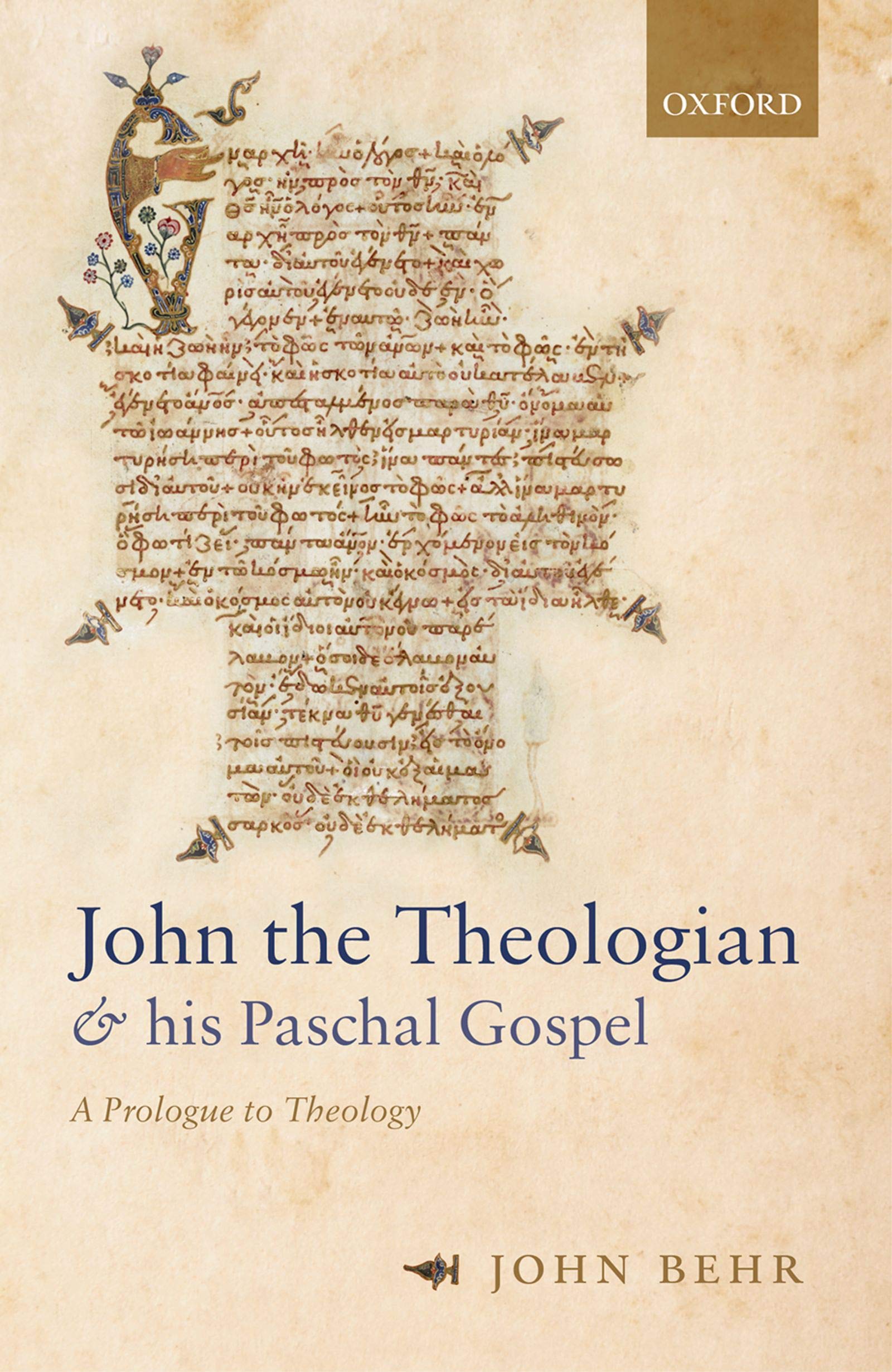- Dec 2, 2021
- 532
- 356
- 48
- Country
- New Zealand
- Faith
- Christian
- Marital Status
- Married
At the end of the book of John, it tells us who the author of this book is. It tells us that the "one whom Jesus loved" was the one who wrote the book of John. It says:
"Peter turned around and saw the disciple whom Jesus loved following them—the one who also had leaned back on His chest at the supper and said, “Lord, who is the one who is betraying You?” So Peter, upon seeing him, said to Jesus, “Lord, and what about this man?” Jesus said to him, “If I want him to remain until I come, what is that to you? You follow Me!” Therefore this account went out among the brothers, that that disciple would not die; yet Jesus did not say to him that he would not die, but only, “If I want him to remain until I come, what is that to you?” This is the disciple who is testifying about these things and wrote these things, and we know that his testimony is true." John 21:20-24
So, we know that whoever was known to be the one whom Jesus loved the most was the author of the book of John.
Now if we look through the book of John it mentions "the one whom Jesus loved" several times. The first time this phrase is used was with Lazurus when he was sick and about to die. It says, "Now a certain man was sick: Lazarus of Bethany, the village of Mary and her sister Martha. And it was the Mary who anointed the Lord with ointment and wiped His feet with her hair, whose brother Lazarus was sick. So, the sisters sent word to Him, saying, “Lord, behold, he whom You love is sick." John 11:3
Then, when Lazurus died, it says in John 11:35-36 that Jesus wept and that the Jews were so amazed that they said, "See how He loved him!" It is even said with an exclamation mark to show how much the Jews stressed this point. Jesus loved Lazarus a lot.
Then a little further on in John 13:23, we see the disciple whom Jesus loved again. In this text, it does not mention any names but one of the disciples is leaning on Jesus' bosom. This disciple was loved by Jesus. "Lying back on Jesus’ chest was one of His disciples, whom Jesus loved". This person who leaned on Jesus' breast is confirmed to be the author of the book of John as previously mentioned in John 21:20-24.
There are other verses too that mention the author of the book of John. That is, "the one that Jesus loved." There is John 19:26, John 20:2-8 and John 21:7.
My question is, how do we know that it was John who wrote this book when if we read it, the evidence says it was Lazurus?
"Peter turned around and saw the disciple whom Jesus loved following them—the one who also had leaned back on His chest at the supper and said, “Lord, who is the one who is betraying You?” So Peter, upon seeing him, said to Jesus, “Lord, and what about this man?” Jesus said to him, “If I want him to remain until I come, what is that to you? You follow Me!” Therefore this account went out among the brothers, that that disciple would not die; yet Jesus did not say to him that he would not die, but only, “If I want him to remain until I come, what is that to you?” This is the disciple who is testifying about these things and wrote these things, and we know that his testimony is true." John 21:20-24
So, we know that whoever was known to be the one whom Jesus loved the most was the author of the book of John.
Now if we look through the book of John it mentions "the one whom Jesus loved" several times. The first time this phrase is used was with Lazurus when he was sick and about to die. It says, "Now a certain man was sick: Lazarus of Bethany, the village of Mary and her sister Martha. And it was the Mary who anointed the Lord with ointment and wiped His feet with her hair, whose brother Lazarus was sick. So, the sisters sent word to Him, saying, “Lord, behold, he whom You love is sick." John 11:3
Then, when Lazurus died, it says in John 11:35-36 that Jesus wept and that the Jews were so amazed that they said, "See how He loved him!" It is even said with an exclamation mark to show how much the Jews stressed this point. Jesus loved Lazarus a lot.
Then a little further on in John 13:23, we see the disciple whom Jesus loved again. In this text, it does not mention any names but one of the disciples is leaning on Jesus' bosom. This disciple was loved by Jesus. "Lying back on Jesus’ chest was one of His disciples, whom Jesus loved". This person who leaned on Jesus' breast is confirmed to be the author of the book of John as previously mentioned in John 21:20-24.
There are other verses too that mention the author of the book of John. That is, "the one that Jesus loved." There is John 19:26, John 20:2-8 and John 21:7.
My question is, how do we know that it was John who wrote this book when if we read it, the evidence says it was Lazurus?
Last edited:


